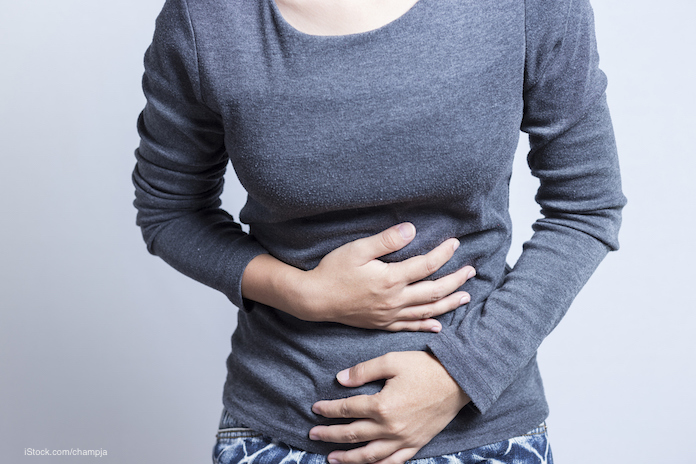If you travel, or if you are going to start traveling once the pandemic eases, the CDC has information about food and water safety abroad that is important. There are some countries where the food and water are infamous for causing illness, whether true or not. But no matter where you travel there are some things you should know to avoid food poisoning.

Hot food is usually safe. The only thing that reliably destroys most bacteria and pathogens is heat. The exception is toxins produced by some bacteria as they grow, and spores of some bacteria, such as Clostridium botulinum. Just beware of foods that are sitting at warm or room temperature, such as at a buffet because it could be re-contaminated.
Dry or packaged food is also usually safe. Most bacteria and other pathogens require a certain amount of water to grow. Food from factory-sealed containers, such as crackers or canned fish, is safe as long as it wasn’t opened or handled by a person who may be sick.
Avoid raw food, both in the U.S. and abroad. Raw fruits and vegetables may be safe if you can peel them and wash them yourself, using bottled or disinfected water. Do not eat from platters of cut up fruit and vegetables overseas. Salads are a problem because finely cut or shredded produce has a lot of surface area for pathogens to grow. Raw meat or seafood will often contain pathogens, including any raw seafood or meat that is “cooked” with vinegar or citrus juice. Avoid undercooked or raw eggs as well.
Street food can be problematic, since those vendors may not be held to the same standards as restaurants, especially in developing countries. If you eat food coming straight off a grill, its more likely to be safe to eat.
Do not eat bushmeat, which is wild game, usually animals not eaten in the U.S. such as monkeys or rodents. Bushmeat can be a source of animal-origin diseases such as SARS.
You can drink from factory-sealed bottles and cans, but some vendors have sold tap water in bottles that look sealed but aren’t. Carbonated drinks are safest because the bubbles indicate that the bottle was sealed at the factory.
Hot drinks are safer if served steaming hot. Be wary of coffee or tea sold at room temperature or are chilled. Be careful about adding things like cream or lemon to hot drinks. Sugar should be fine.
Pasteurized milk from a sealed bottle should be okay, but do not drink milk from open pitchers, especially if it has been sitting at room temperature. This includes cream that goes into tea or coffee. Avoid unpasteurized milk or other dairy products such as cheese or yogurt.
Alcoholic drinks should be safe, but avoid drinks “on the rocks.” The alcohol content of beer and wine isn’t high enough to kill pathogens, but if it comes from a sealed bottle or can it’s probably okay.
food and water safety abroad includes tap water. Do not drink tap water in most developing countries, even in cities. Do not swallow water when showering. Brush your teeth with bottled water. You can disinfect tap water.
Sodas from a fountain are made by carbonating water and mixing with flavored syrup; avoid since the water probably came from the tap. Juice from fountains is probably concentrate mixed with tap water; avoid that too.
Avoid ice because it most likely made with tap water. Ice pops or popsicles should also be avoided.
Follow this advice about food and water safety abroad to stay healthy as you travel.




